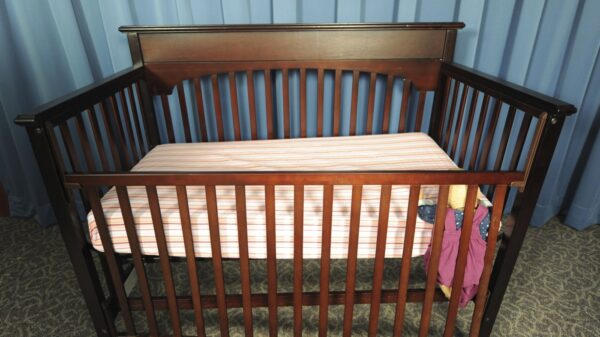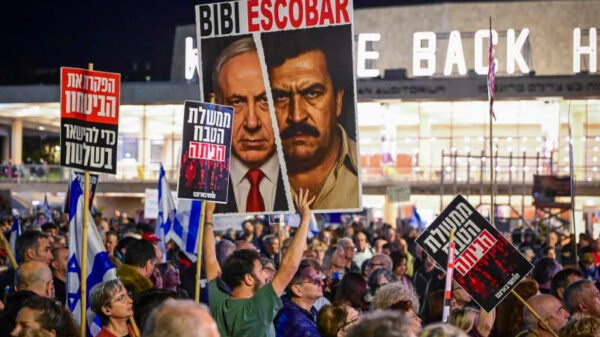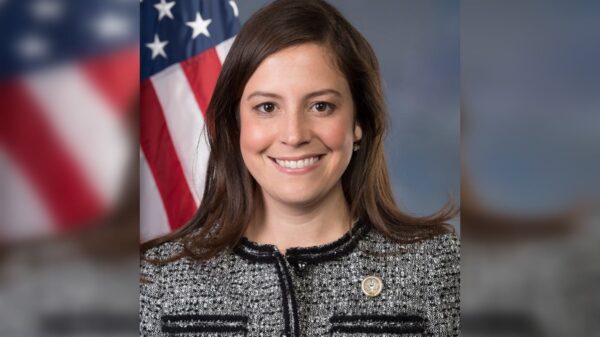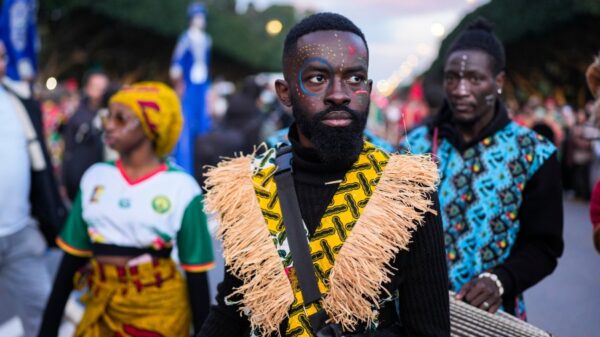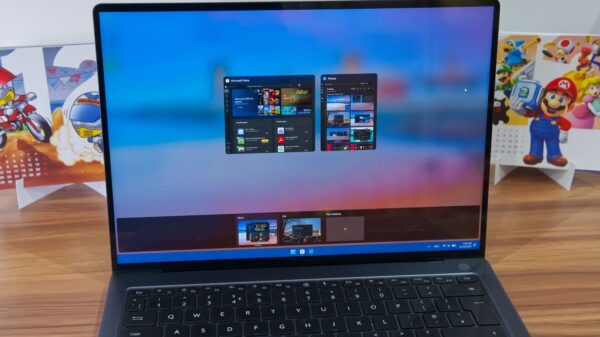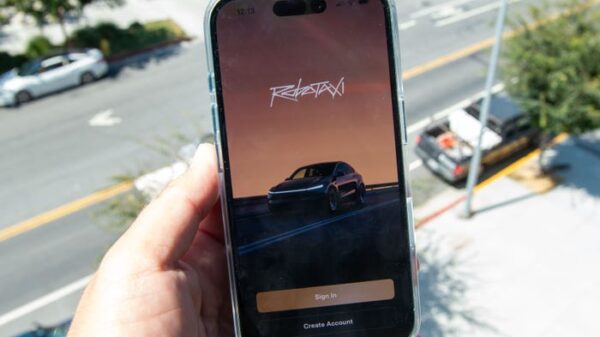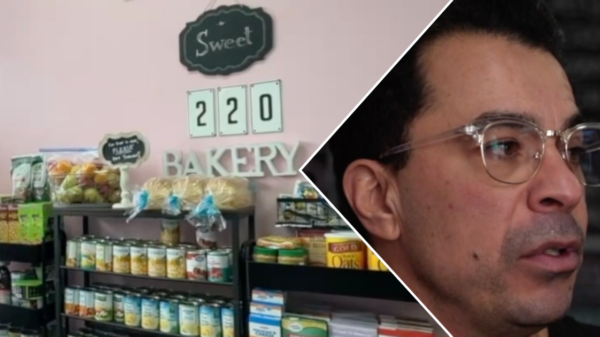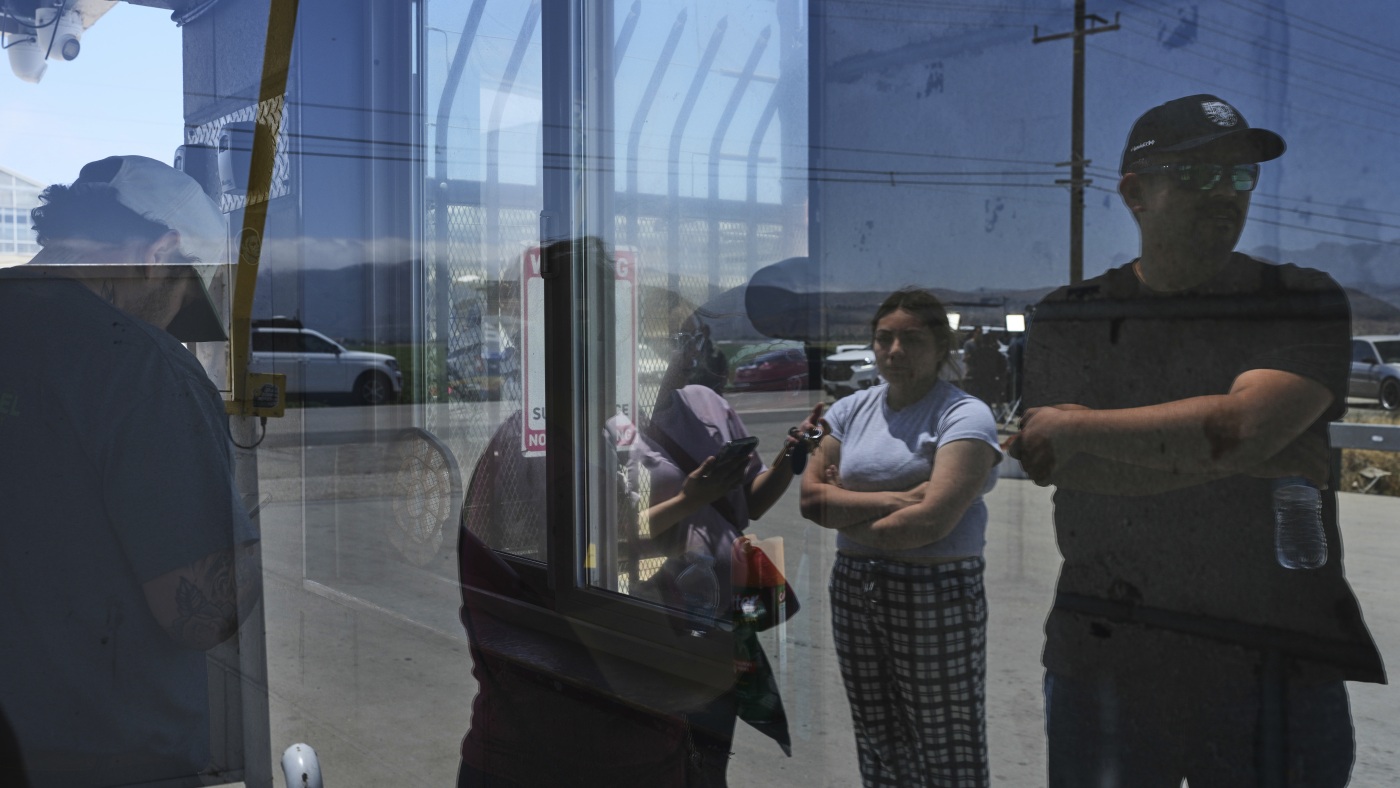UPDATE: A federal appeals court has just upheld a temporary order blocking the Trump administration from conducting indiscriminate immigration sweeps in Southern California. This decisive ruling by the Ninth U.S. Circuit Court of Appeals came late Friday night, affirming earlier court decisions that challenge the administration’s controversial immigration enforcement tactics.
The three-judge panel listened to arguments on Monday regarding the federal government’s request to overturn the July 12 restraining order issued by Judge Maame E. Frimpong. The order had been sought following allegations that the Trump administration was systematically targeting individuals based on race and ethnicity.
Immigrant advocacy groups, which filed the lawsuit, argue that the administration’s actions have led to the wrongful detention of individuals, including U.S. citizens. Among the plaintiffs is Brian Gavidia, a Los Angeles resident, who was seized by federal agents while working at a tow yard. A video of the incident captured him shouting, “I was born here in the states, East LA bro!” This moment encapsulates the fears and realities faced by many in the immigrant community.
Judge Frimpong’s ruling highlighted a “mountain of evidence” demonstrating that the federal enforcement tactics violated constitutional rights. She emphasized that factors such as race, language, and occupation cannot solely justify reasonable suspicion for detaining individuals. Her statement reflects a growing concern over civil rights in the context of immigration enforcement.
The ruling comes amid heightened tensions in Los Angeles, where the Trump administration’s aggressive immigration strategy has sparked protests and mobilized federal resources, including the National Guard. Federal agents have been reported rounding up undocumented immigrants at various locations, raising alarm among communities that have lived peacefully in the U.S. for decades.
During the proceedings, the government contended that it had insufficient time to gather evidence to support its case, citing the lawsuit’s timing just before the July 4 holiday. However, the judges were skeptical of the federal arguments. Judge Jennifer Sung, a Biden appointee, questioned the government’s reliance on broad profiling, stressing that such tactics do not meet the reasonable suspicion standard necessary to justify detaining individuals.
The implications of this ruling are significant, extending beyond Southern California. It raises crucial questions about immigration policy, civil rights, and the balance of power between federal enforcement and individual liberties.
As the legal battle continues, immigrant advocacy groups and civil rights organizations are closely monitoring developments. The ACLU’s attorney, Mohammad Tajsar, expressed concern over the potential for abuse of power, stating, “We want to prevent a world where U.S. citizens can be wrongfully detained based on their appearance or where they work.”
Looking ahead, the federal government may reconsider its approach to immigration enforcement as the court deliberates further. This ruling could set a significant precedent affecting immigration practices nationwide.
Stay tuned for more updates on this developing story as it continues to unfold.








